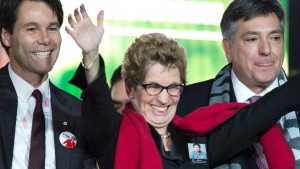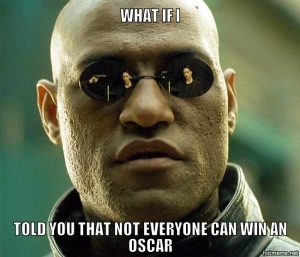 Most docs love to work; they find patient care fulfilling. Many can’t believe they get paid for the privilege of helping patients.
Most docs love to work; they find patient care fulfilling. Many can’t believe they get paid for the privilege of helping patients.
Many of us would work for free.
Seriously.
Talk about money or income makes most doctors squirm. We have jobs we love and higher than average incomes. We forget the sacrifice of training.
Politicians and media know this. Like lion trainers with whips, journalists make doctors cower by whipping out a headline about incomes.
Personal Incomes, Patient Needs
Doctors conflate their personal incomes with patient services. They know patients wait, and that the province is short of money. Ergo, if only doctors took a cut in personal incomes, then patient services would improve. But they’re confused.
The schedule of benefits – the fees that physicians get paid – does not exist because government likes doctors. It does not exist to pad physicians’ incomes. The schedule is designed to drive physician behaviour towards meeting patient needs.
Fees Fix Care Problems
Unmet medical need creates demand for new fees or adjustment to old ones. A new fee drives physicians to change behaviour to meet the need defined in the fee code. If you cut a particular fee, physicians’ behaviours change to service other, equally pressing, medical concerns.
For example, attaching a bonus for Family Docs to accept unattached complex patients after discharge from hospital makes it easier for these patients to find Family Docs. Everything doctors do relates to helping patients. All things being equal, doctors will provide care that the government promotes with higher fees, regardless of physicians’ individual altruism.
The MOH-OMA negotiations are about patient needs and how best to meet them, not individual MD incomes.
Fees and Access
Economists teach that prices impact supply. When supply drops, prices increase. If the government fixes a low price, supply decreases.
For example, over the years government slashed fees for community doctors doing hospital work. Guess what? Almost no community doctors spend a significant part of their day doing hospital work anymore.
You can decrease price and in the short run people will still be able to access services. But very soon, supply and/or quality will decrease.
Doctors and Privilege
Privilege relates to more than just income. Society honours physicians, to varying degrees, with respect, deference and a degree of autonomy. Patients do not begrudge what their doctor earns when they are sick themselves.
Society does not privilege doctors only out of the goodness of its collective heart.
People know that if they want some of the strongest students to sacrifice their youth in medical training, society needs to value the sacrifice. Students must be attracted into training.
When governments and media attack doctors and slander them as greedy, when patients look on doctors as undeserving recipients of their tax dollars, and when politicians arbitrarily slash doctors’ fees, our best students change their minds.
For example, before primary care reform, dozens of residency positions in family medicine went unfilled. Students looked to any other field besides family medicine. Society communicated that it did not value primary care. Only after major funding reforms in the early 2000s did students return to family medicine residencies. Now residencies are all full, for now.
Patient Needs Before Doctors’ Guilt
Physicians must not focus on their own squeamishness about money. They need to focus only on patient needs.
Doctors must put their sympathies with patients ahead of government budgets. We need to focus on how to convince the government to fund solutions for patient care.
Physicians, please don’t let the media suck you in to thinking this is about your income. It’s not. It never was. It has always been, and must continue to be, about patient care.
photo credit: businessnewsdaily.com


